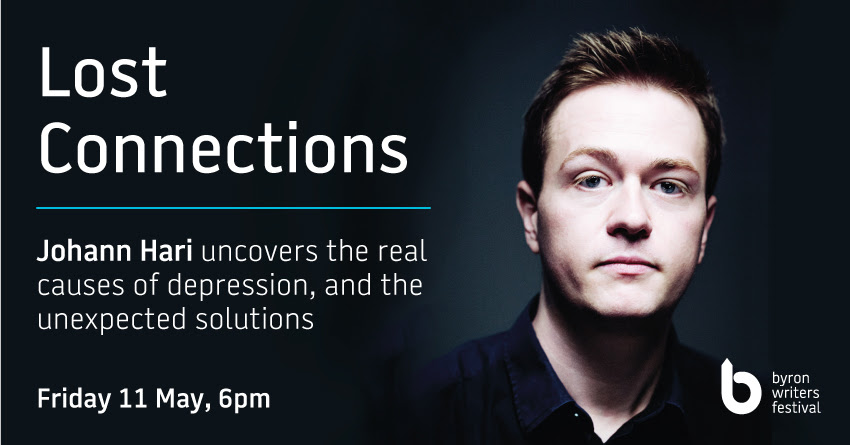

And if they did a lousy job, nobody noticed, either. If these tax inspectors worked really hard and gave it their best, nobody noticed. For example, he tells stories about the research into what makes work depressing a number of factors exist, including indifference: If you counted the preceding list, you’ll notice that it has only seven items eight and nine are “the real role of genes and brain changes.” These causes are linked with potential solutions.

Hari cites nine causes of depression, while stating that they’re not exhaustive, including disconnection from meaningful work other people meaningful values childhood trauma status and respect the natural world and a hopeful or secure future. Tyler Cowen has been saying that the top thinkers of our age are or will be religious thinkers, and, although I’m skeptical, I’m less skeptical than I used to be. Hari also grew up not far from Orthodox Jews and scorned them, but, when he goes to visit the Amish, he finds himself “reflecting on some of the flaws in how we live,” and he “wondered if they might have something to teach me after all.” Maybe religion is underestimated by a lot of modern secularists, myself included. He takes his own advice and sees specific people living specific ways-like the Amish. Even The Lord of the Rings is set somewhere very particular, albeit imaginary, and the provincialism of the Shire is necessary to offset the grandeur of many other locations. Many, maybe most, of the best novels are set somewhere very particular, and perhaps that isn’t by chance. being nowhere.” That’s something artists know. He gives context to problems I’d not fully perceived: “If you can be everywhere-in vehicles, or online-you end up. It’s a fantastic book, but ignore the subtitle, which makes Lost Connections sound more like clickbait than it actually is I’d not properly considered loneliness until I read this book, though I thought I had. Lost Connections offers another, more systematic but complementary to Frankl. Man’s Search for Meaning addresses one set of possibilities for making meaning. Many people are suffering from crises of meaning. One could posit various reasons for François’s feelings, ranging from the literary to the psychological to the spiritual, but Hari offers another explanation, or set of explanations. And yet I knew I was close to suicide, not out of despair or even any special sadness, simply from the degradation of “the set of functions that resist death,” in Bichat’s famous formulation. Until I died I was guaranteed a generous income, twice the national average, without having to do any work. Financially, I had nothing to complain about. In a certain milieu-granted, a very small one-I was known and even respected. My life was marked by real intellectual achievements. Here is a typical narrator in a Michel Houellebecq novel-in this case, François from Submission, but most Houellebecq narrators express similar sentiments:


 0 kommentar(er)
0 kommentar(er)
